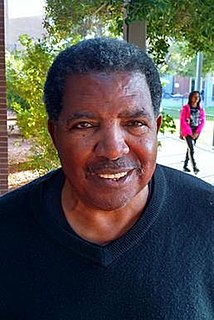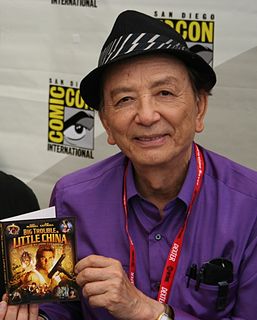A Quote by Dennis Green
It's pretty easy to think of the idea of a story, and maybe even to write a scene or two, but understanding the ebb and flow of a narrative, where to leave the little clues your protagonist (and reader) need, while playing fair, takes a lot more skill and patience than you might think.
Related Quotes
I do think some games are works of art, although their medium is visual rather than verbal. Both games and novels allow the reader/player to become a protagonist in the theater of the imagination. Both build worlds. In my opinion, the big difference between game and novel is in narrative structure. Communal role-playing games are open-plan without an end. A novel - at least the kind I write - has a closed structure with a beginning, a middle, and an end. I like that closed structure, and I feel I can say more with it.
What did I do to make Mommy leave?” “You didn’t do anything. This isn’t your fault.” “Then why?” she’d wailed. “I don’t know,” her daddy had said, and he looked so sad. “It isn’t fair!” “No, it isn’t, baby. Not by a mile. The world’s only as fair as you can make it. Takes a lot of fight. A lot of fight. But if you stay in here, in your own little cave, that’s one less fighter on the side of fair.
I think the more you have a generalist perspective, I think sometimes the more you can kind of see through the forest and the trees. And when it gets a little bit cloudy, you know, have some sense of, "Well, maybe this might happen or maybe that might happen." So I really am a big believer in liberal arts education. I think it's better - particularly in these kind of uncertain times - to know a little bit about a lot of things as opposed to being expert in one thing.
That was the funniest thing I'd heard in days. You're kidding, right? PLEASE tell me you have a stronger motive for me than 'fair is fair.' Life isn't FAIR, Dean....Nothing is fair, EVER. That's the stupidest thing I've ever heard. I need to help you because FAIR IS FAIR? Try, 'I need you to help me so I won't rip out your spine and beat you with it.' I MIGHT respond to that. MAYBE.
Meditation takes discipline, just like learning how to play piano. If you want to learn how to play the piano, it takes more than a few minutes a day, once a while, here and there. If you really want to learn any important skill, whether it is playing piano or meditation, it grows with perseverance, patience, and systematic training.



































